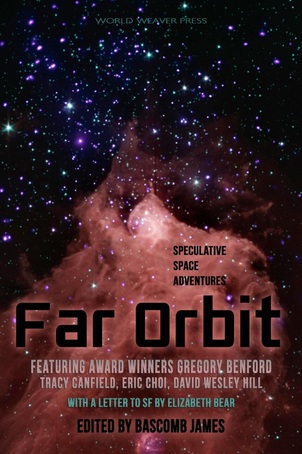 By Bascomb James. Gregory Benford needs no introduction to SF readers. He received his first Nebula Award in 1974 for “If the Stars Are Gods,” a novelette he wrote with Gordon Eklund. His 1980 novelTimescape won the Nebula Award, the John W. Campbell Memorial Award, the British Science Fiction Association Award, and the Australian Ditmar Award. Among his many notable SF achievements are the Jupiter Project, Artifact, Against Infinity, Eater, and the six Galactic Center novels. Benford is a professor of physics at the University of California Irvine and has published extensively in the areas of plasma physics, particle physics, and condensed matter. His wide-ranging contributions also include several papers in biological conservation. The consummate storyteller, Benford has the ability to make scientific principles approachable for nonscientists. In the space adventure “Backscatter,” Benford spins a tale of survival and discovery that is very much in the SF Grand Tradition. It left me yearning for the chance to upload Claire’s AI assistant, Erma, to my desktop. “Backscatter” was originally published by Tor.com.
0 Comments
Corvidae cover art has arrived. The second anthology of fantasy and horror (and a little sci-fi) short stories in the series Rhonda Parrish's Magical Menageries. Pre-order: Amazon Kindle (US) Amazon Kindle (UK) Amazon Kindle (CA) Kobo (US) Kobo (Canada) Trade Paperback: WorldWeaverPress.com Add it to your Goodreads
Praise for Corvidae“Smart and dark like the corvids themselves, this excellent collection of stories and poems will bring you a murder of chills, a tiding of intrigue, a band of the fantastic, and—most of all—an unkindness of sleepy mornings after you've stayed up too late reading it!” Rhonda Parrish, editor of the highly anticipated Fae anthology, interviews contributor Kari Castor. 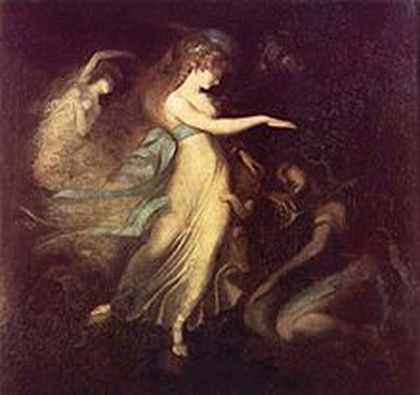 What was the inspiration for your Fae story? I was reading some Grimm's fairy tales, and I ran across this very short tale the Grimm brothers had collected and called "The Rose." It was such an interesting snippet, and I'd never heard it before, and I really wanted to take the idea and expand it into a fuller story. Was this your first foray into writing fairy stories? No, I actually have another short story that deals with fairies that I started working on before "The Price" ever sprang into my mind, but that earlier story is still in the revision stages right now. If no, why do you write fairy stories? What is it about them that appeals to you? When I was a kid, I was always fascinated by magical creatures, including fairies, so as I got older I went seeking out a lot of the legends and folklore behind the pretty stories. I think the discovery that the original stories often weren't so pretty -- that there was actually a lot of darkness in those tales -- made me love them even more. There's something very compelling to me about the way the old stories intermingle beauty and danger. By Rebecca Roland. Shards of History emerged from a short story that felt too big to fit into a small word count, but when I finished the novel, I thought I was done. I wrote other stories. I moved on. But in the back of my mind, the characters from the novel kept on speaking. I started to wonder how Malia was getting along. At the end of the novel she was essentially a wounded warrior. I thought of all the soldiers who return from war, often with injuries not readily visible, and I thought of those who returned with very visible wounds. I wondered what might haunt Malia, and whether she could be haunted if she couldn't remember the war. I also kept thinking about the Maddion women. They couldn't just go on living as they were in that horrible misogynistic society. And, even when I was writing Shards of History, I kept thinking of them and what they were going through back home. With the men off trying to find a cure for the illness killing them all, they were left to tend to the sick and to see their dead cared for. There was already a lot of upheaval going on in their lives with the illness, so I decided to push some more and see what happened. I found a woman among the Maddion whose story captured me, so I followed her, and through her I discovered that some of the women have been holding onto a secret. I also did a lot of world building for Shards of History. A lot. I have oodles of notes that never made it into the book. In a way that's a good thing, because even though the details didn't make it into that first book, I think the idea that there's more to the world comes through in the writing. It feels more fully realized. And it provides plenty of fodder for a second book. I just couldn't let all that work go to waste. Plus, Shards of History takes place in a pretty cool world. I wanted to explore more of it. Fractured Days, the sequel to Shards of History, is available now in trade paperback and ebook.
Alpena, MI (June 9, 2015) – World Weaver Press (Eileen Wiedbrauk, Editor-in-Chief) has announced Fractured Days, the highly anticipated sequel to the Shards of History by Rebecca Roland, is available trade paperback and ebook today, Tuesday, June 9, 2015.
|
World Weaver PressPublishing fantasy, paranormal, and science fiction. Archives
February 2024
|
- Home
-
Books
-
All Books
>
- Beyond the Glass Slipper
- Bite Somebody
- Bite Somebody Else
- Black Pearl Dreaming
- Cassandra Complex
- Causality Loop
- Clockwork, Curses, and Coal
- Continuum
- Corvidae
- Cursed: Wickedly Fun Stories
- Dream Eater
- Equus
- Fae
- Falling of the Moon
- Far Orbit
- Far Orbit Apogee
- Fractured Days
- Frozen Fairy Tales
- Glass and Gardens: Solarpunk Summers
- Glass and Gardens: Solarpunk Winters
- Grandmother Paradox
- Grimm, Grit, and Gasoline
- Haunted Housewives
- Heir to the Lamp
- He Sees You When He's Creepin': Tales of Krampus
- Into the Moonless Night
- Jack Jetstark's Intergalactic Freakshow
- King of Ash and Bones (ebook)
- Krampusnacht
- Last Dream of Her Mortal Soul
- Meddlers of Moonshine
- Mothers of Enchantment
- Mrs Claus
- Multispecies Cities
- Murder in the Generative Kitchen
- Recognize Fascism
- Scarecrow
- Sirens
- Shards of History
- Shattered Fates
- Skull and Pestle
- Solarpunk (Translation)
- Solarpunk Creatures
- Solomon's Bell
- SonofaWitch!
- Speculative Story Bites
- Trenchcoats, Towers, and Trolls
- Weredog Whisperer
- Wolves and Witches
- Anthologies and Collections
- Novels
- Novellas
- Fairy Tale
- Fantasy
- Romance
- Science Fiction
- Urban/Contemporary Fantasy
- Young Adult SFF
-
All Books
>
- Blog
- About
- Contact
- Press / Publicity
- Newsletter Signup
- Privacy Policy
- Store

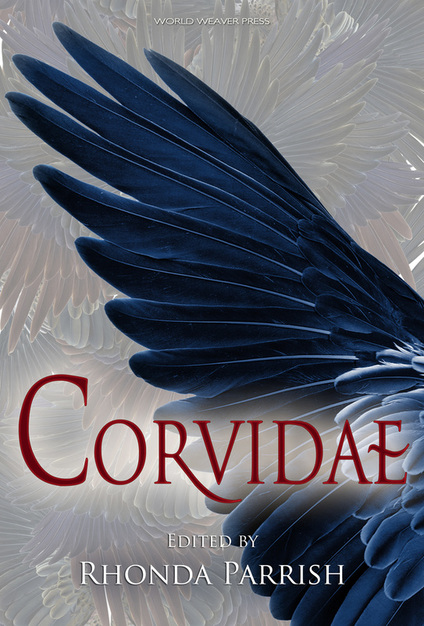

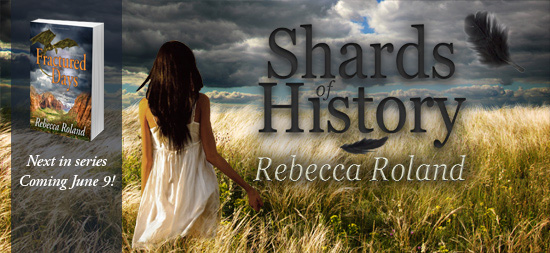
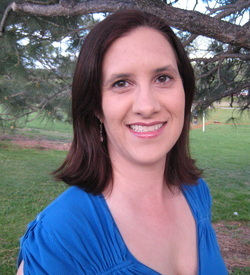
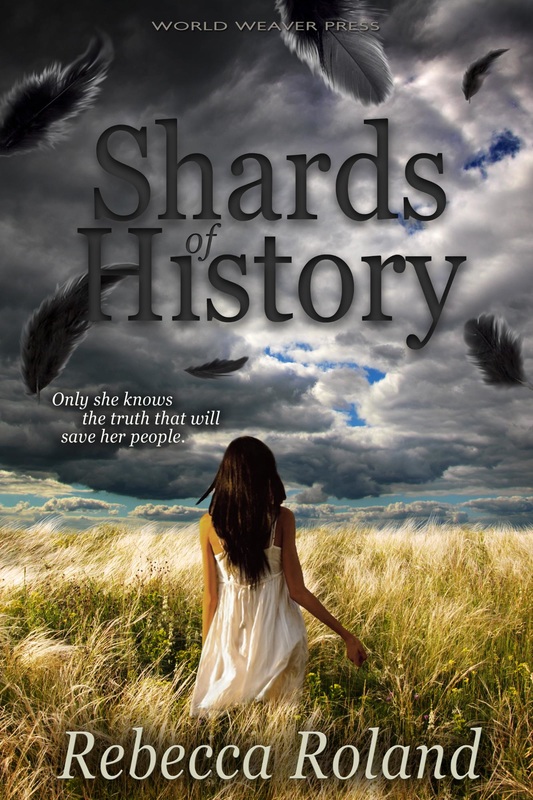
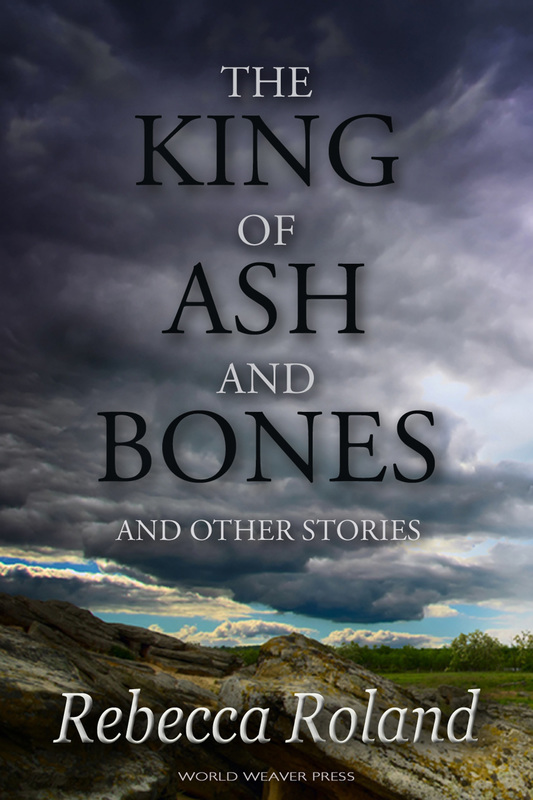
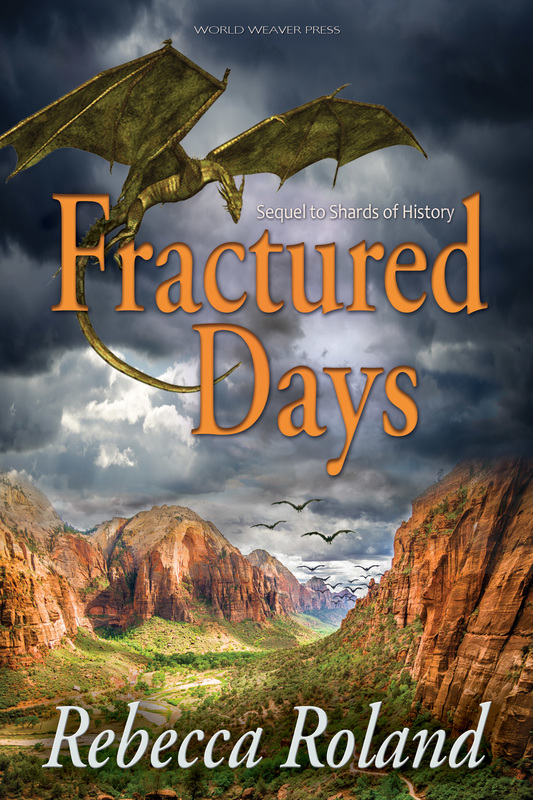
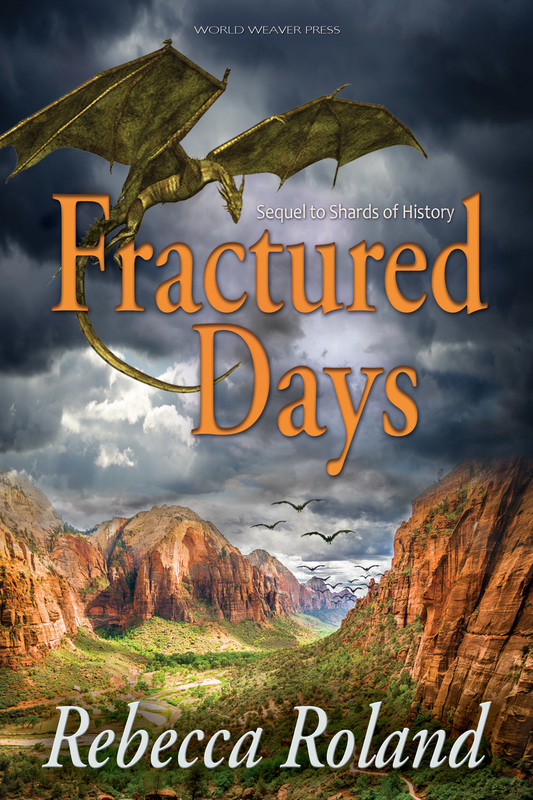

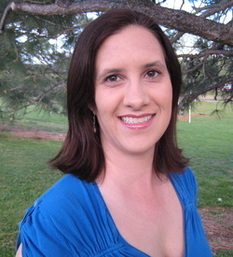
 RSS Feed
RSS Feed